Summary
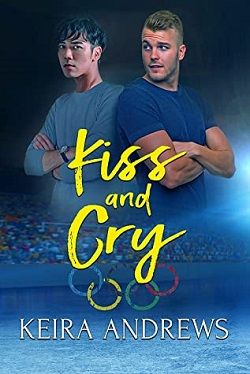
Kiss and Cry
by Keira Andrews
Will figure skating enemies become lovers?
Henry
Everything comes easily for Theo Sullivan, whether it’s jumps or figure skating world titles. Everyone loves him—judges, fans, coaches.
I hate him.
Now he’s invaded my training center, and I have to see him every day as we prepare for the Olympics. I’m going to win gold if it’s the last thing I do. I’m going to beat him.
But the strangest thing is happening. I’m peeking under his happy-go-lucky exterior and discovering there’s more to Theo than I imagined.
This is a mistake. I can’t trust him.
I can’t be falling in love.
Theo
My mom’s convinced training with Henry Sakaguchi will distract me heading into the Olympics. No way—Henry’s epically boring and cold. He might as well be carved from ice.
But when I need help, he’s there. He tries to keep me at arm’s length, but it’s no use. He’s too kind. Too generous. He’s caring and gorgeous and hot, and I’ve never wanted anyone like this.
I might want Henry more than a gold medal.
Am I falling in love?
.
Read
Kiss and Cry on http://kissnovel.net
Martial Peak Reviews
Kiss and Cry by Keira Andrews is a captivating contemporary romance that dives deep into the world of competitive figure skating, exploring themes of rivalry, trust, and the complexities of love. The story revolves around two main characters, Henry Sakaguchi and Theo Sullivan, who are both vying for Olympic glory. Andrews masterfully crafts a narrative that intertwines their personal and professional lives, creating a rich tapestry of emotions that keeps readers engaged from start to finish.
The book opens with Henry, a talented and driven figure skater who has always been overshadowed by the charismatic and seemingly perfect Theo. Henry's disdain for Theo is palpable; he views him as everything he despises in the competitive world of skating—effortlessly talented, adored by everyone, and seemingly carefree. This initial animosity sets the stage for a classic enemies-to-lovers trope that Andrews executes with finesse. The tension between the two characters is electric, and readers can feel the weight of their rivalry as they prepare for the Olympics.
As the story progresses, Andrews skillfully peels back the layers of both characters. Henry, who initially comes across as cold and aloof, reveals a depth of vulnerability and passion that makes him relatable and sympathetic. His determination to win gold is not just about personal glory; it’s also about proving himself in a world that often overlooks him. The internal conflict he faces—balancing his ambition with the unexpected feelings he develops for Theo—adds a compelling layer to his character arc.
Theo, on the other hand, is portrayed as the quintessential golden boy of figure skating. However, Andrews does not allow him to remain a one-dimensional character. As Henry begins to see beyond Theo's charming exterior, readers are introduced to a more complex individual who grapples with his own insecurities and the pressure of expectations. The dynamic between the two skaters evolves beautifully, as they both learn to confront their biases and preconceived notions about each other.
One of the standout aspects of Kiss and Cry is its exploration of the theme of trust. As Henry and Theo navigate their feelings, they must also confront the competitive nature of their sport. Andrews deftly illustrates how trust can be both a vulnerability and a strength in relationships, particularly in high-stakes environments like the Olympics. The emotional stakes are high, and the fear of betrayal looms large, making their journey toward love all the more poignant.
The pacing of the novel is well-balanced, with a mix of intense training scenes, personal revelations, and tender moments that allow the romance to blossom naturally. Andrews does an excellent job of depicting the rigorous training and dedication required in figure skating, which adds authenticity to the story. The backdrop of the Olympics serves as a powerful metaphor for the characters' personal struggles and triumphs, enhancing the overall impact of the narrative.
Andrews' writing style is engaging and fluid, making it easy for readers to immerse themselves in the world of competitive figure skating. The dialogue is sharp and witty, often laced with humor that lightens the tension between Henry and Theo. This balance of humor and emotional depth is a testament to Andrews' skill as a storyteller, as she navigates the complexities of love and rivalry with grace.
In comparison to other contemporary romances, Kiss and Cry stands out for its unique setting and the way it intertwines the sport with the characters' emotional journeys. Similar to works by authors like Sarina Bowen and Elle Kennedy, Andrews captures the essence of young love amidst the backdrop of ambition and competition. However, what sets this book apart is its focus on the intricacies of trust and vulnerability, making it a compelling read for anyone who enjoys a heartfelt romance with depth.
As the story reaches its climax, readers are left on the edge of their seats, eagerly anticipating how Henry and Theo will reconcile their feelings with their aspirations. The resolution is satisfying and heartfelt, leaving readers with a sense of hope and the belief that love can indeed flourish even in the most competitive of environments.
In conclusion, Kiss and Cry is a beautifully crafted romance that explores the themes of rivalry, trust, and the transformative power of love. Keira Andrews has created a compelling narrative that resonates with readers, making it a must-read for fans of contemporary romance and sports fiction alike. The character development is rich, the emotional stakes are high, and the romance is both sweet and steamy. This book is sure to leave a lasting impression and is a testament to Andrews' talent as a storyteller.




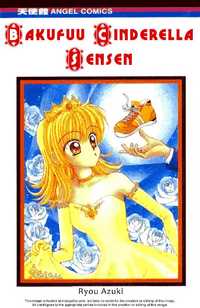
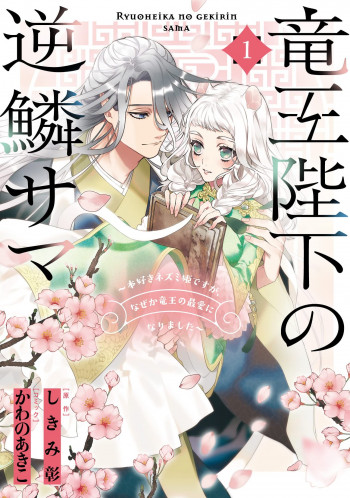

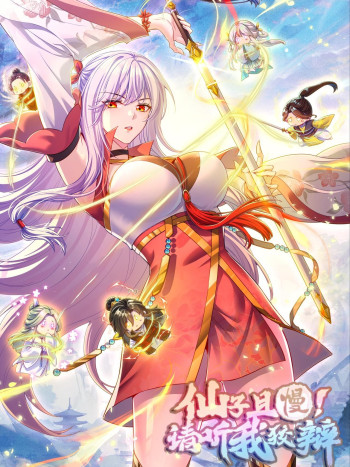


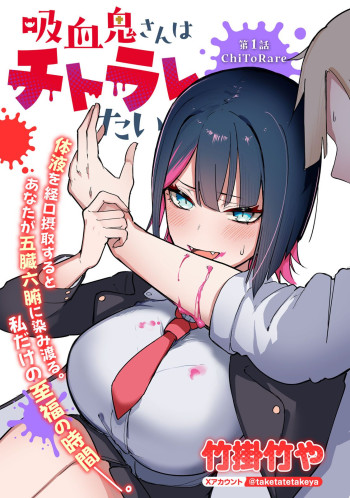
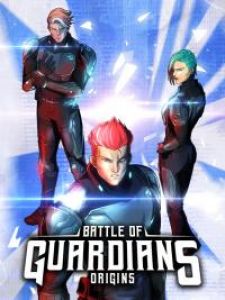
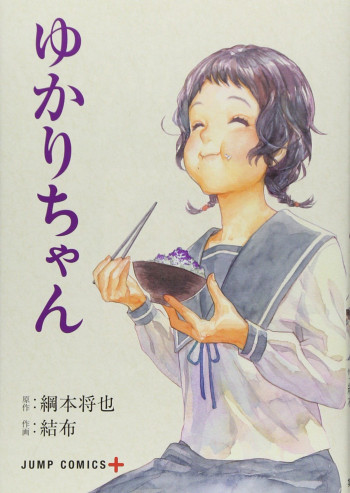
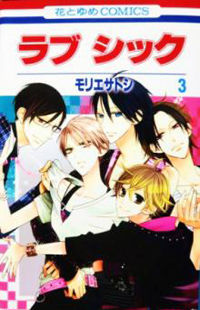










Reviews 0
Post a Reviews: